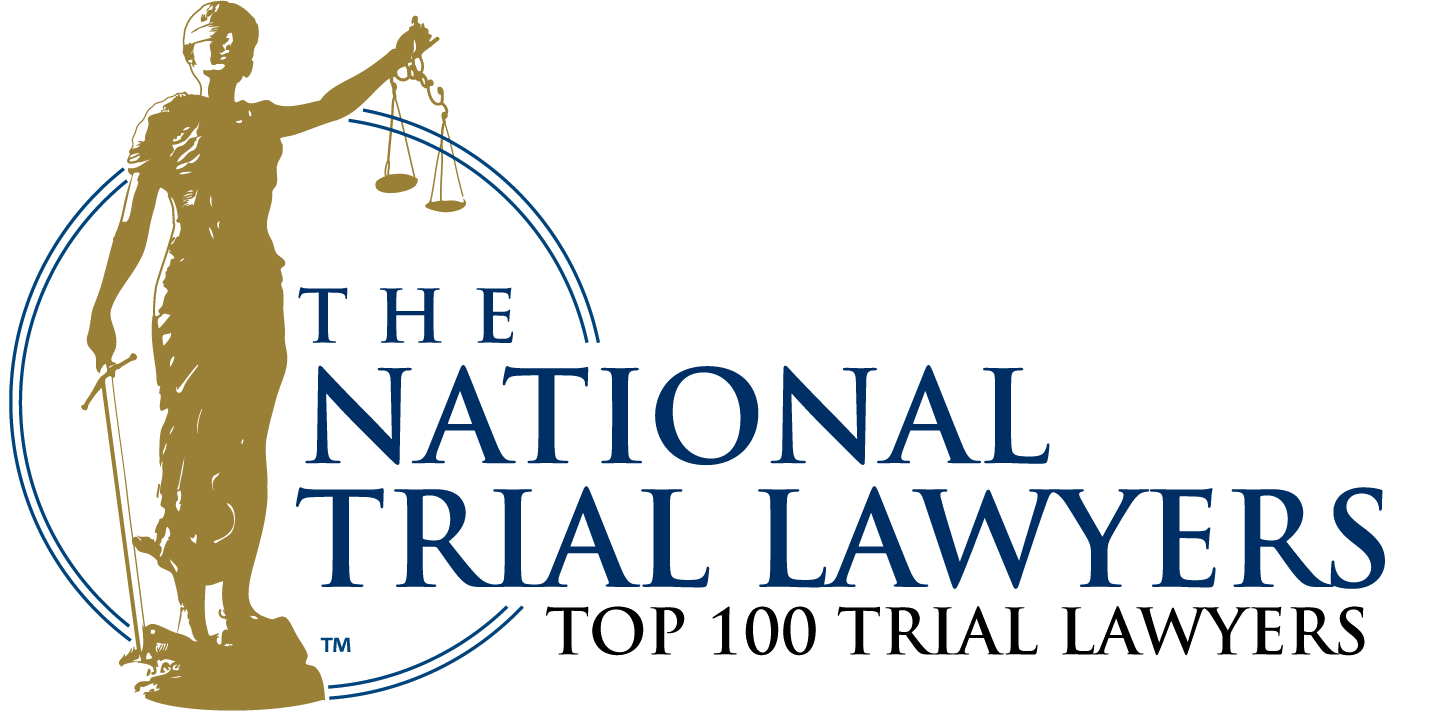New study could help New Jersey brain injury patients
According to researchers, drugs commonly used to help patients heal after a brain injury may hinder their ability to recover. This is because they may cause issues with cognitive function in patients that hinders their ability to fully take part in their rehab. Research revealed that those who had a higher level of anticholinergic drug burden in their systems had longer hospital stays on average.
However, those who conducted the study say there is not necessarily a causal link between the two and that the study was not designed to find one. To determine if the drugs had any impact on patients who had suffered from a brain injury, researchers studied 52 patients who were treated at a neuro-rehabilitation unit. They all had spinal cord or brain injuries.
As more becomes known about the effects of ACB and brain injuries, there is hope that it could lead to better outcomes for patients. It could also lead to better outcomes for hospitals that are judged partially by their ability to limit the length of hospital stays. Patients are typically given anticholinergics to help with urinary incontinence, pain management and a variety of other common health issues. Common side effects of such drugs that medical professionals were already aware of include dizziness and confusion along with potential cognitive issues.
Those who have incurred traumatic brain injuries that were caused by the negligent acts of another may want to speak to a personal injury attorney to determine the recourse that may be available. In some instances, it may be advisable to file a lawsuit against the responsible party seeking damages for the losses that have been sustained.








